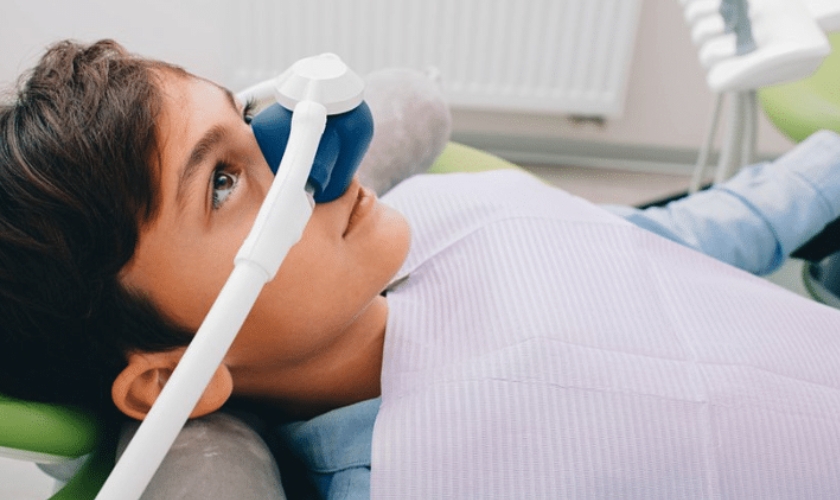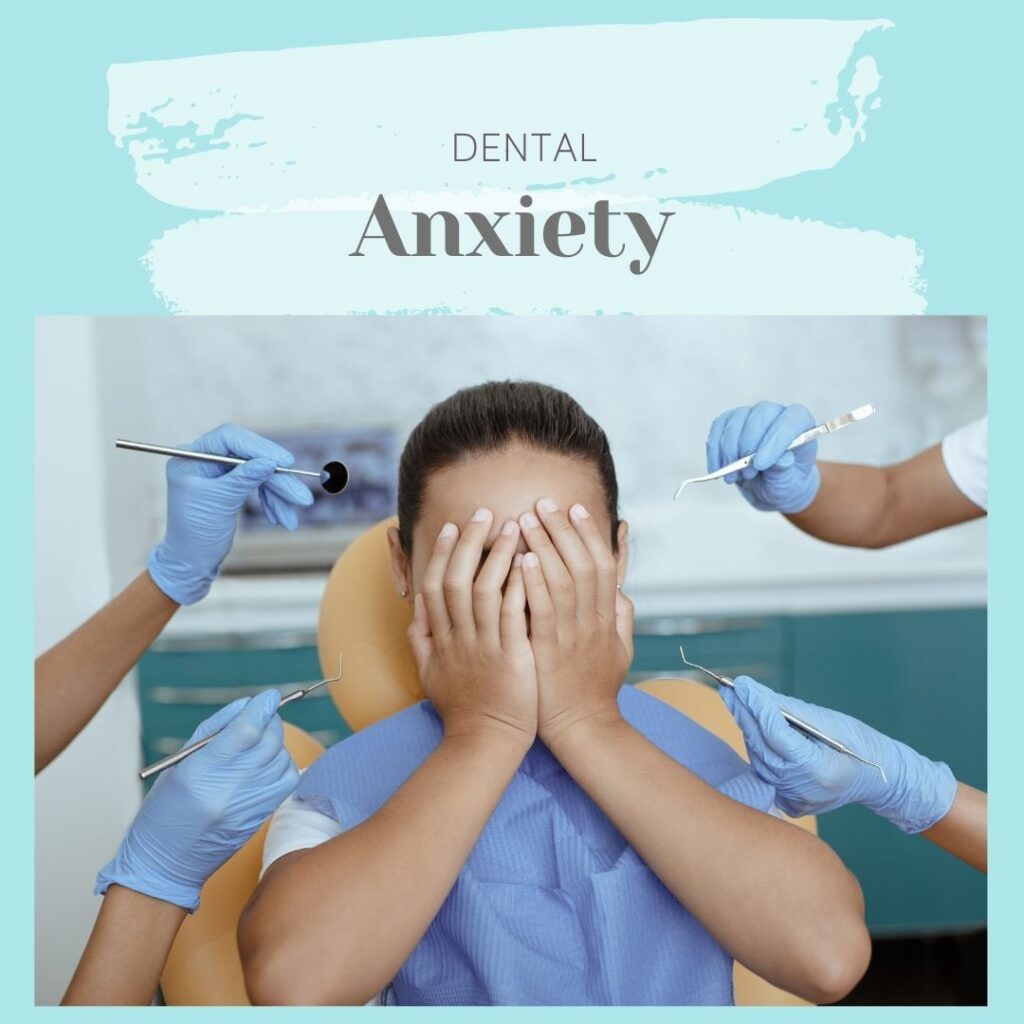Tips for a Calm, Stress-Free Visit
Dental anxiety is a common issue that affects many people, causing them to feel nervous, fearful, or even panicked before or during a dental visit. This anxiety can prevent people from seeking regular dental care, which may lead to more severe dental problems in the future. If you find yourself dreading your dental appointments, you are not alone. Fortunately, there are several strategies you can use to manage dental anxiety and make your visits to the dentist much more manageable.
1. Acknowledge Your Fear
The first step in overcoming dental anxiety is to acknowledge and accept that you’re feeling scared or nervous. It’s normal to have some level of anxiety when visiting the dentist, but when this fear becomes overwhelming, it can become a barrier to good oral health. By recognizing your fear, you can take proactive steps to address it. Remember, your dentist is there to help and is experienced in working with anxious patients. By being honest about your fears, you create an open line of communication that will make the experience more comfortable.

2. Communicate with Your Dentist
Before your appointment, speak to your dentist or dental hygienist about your anxiety. Dentists are trained to work with patients who have dental fears, and they can take extra measures to help you feel comfortable. Let them know if you’re worried about pain, the sounds of dental tools, or anything specific that triggers your anxiety. They may offer options such as numbing agents, sedation dentistry, or a slower, more relaxed pace to make you feel at ease.

3. Practice Relaxation Techniques
Relaxation techniques can be incredibly helpful in managing anxiety before and during dental appointments. Deep breathing exercises, mindfulness, and progressive muscle relaxation can calm your nerves and help reduce physical symptoms of stress, such as a racing heart or shallow breathing. Before your appointment, practice deep breathing or guided meditation to help calm your mind. Once you’re in the dental chair, continue these techniques to stay relaxed and centered.
For example, try the “4-7-8” breathing technique: inhale for four counts, hold your breath for seven counts, and then exhale slowly for eight counts. This technique can help slow your heart rate and reduce feelings of panic.

4. Bring a Comfort Item
Bringing a comfort item with you to your dental appointment can help you feel more at ease. Some people find that having a stress ball, a favorite piece of jewelry, or even a family member or friend accompany them can be a soothing distraction. In some cases, listening to calming music or using noise-cancelling headphones may help drown out the sounds of dental tools that can trigger anxiety.
You could also ask if the dentist’s office offers TV screens, movies, or music to distract you during the procedure. Focusing on something pleasant can reduce the perception of discomfort.
5. Consider Sedation Dentistry
If your anxiety is severe and you find it hard to manage, you may want to discuss sedation options with your dentist. Sedation dentistry can be an effective way to make dental treatments more comfortable for patients with anxiety. There are several types of sedation, ranging from light sedation (where you’re relaxed but fully awake) to general anesthesia (where you’re completely unconscious). Your dentist will assess your level of anxiety and recommend the appropriate sedation technique.
Some of the most common options include:
- Nitrous Oxide (Laughing Gas): This mild sedative helps you relax during the procedure.
- Oral Sedation: This involves taking a pill before your appointment to help you feel calm and relaxed.
- IV Sedation: A stronger form of sedation administered through an IV, which puts you into a deep state of relaxation.
These options can be especially helpful for patients who experience severe dental phobia or need complex dental work done.

6. Build a Positive Relationship with Your Dentist
A positive relationship with your dentist can play a significant role in reducing anxiety. Try to find a dentist who makes you feel comfortable and takes the time to explain each step of the process. Some dental offices even specialize in treating anxious patients and are particularly sensitive to their needs. Building trust with your dentist over time can help you feel more confident in your visits.

7. Start Small and Gradually Build Up
If your fear of the dentist is overwhelming, consider taking small steps toward becoming more comfortable. For example, you could start with a simple cleaning appointment before moving on to more involved procedures. Gradually increasing your exposure to the dental environment can help you build confidence and reduce anxiety over time.
Final Thoughts
Dental anxiety is a common and understandable concern, but it shouldn’t prevent you from taking care of your oral health. By using relaxation techniques, communicating openly with your dentist, and considering sedation options, you can manage your anxiety and ensure that your dental visits are as stress-free as possible. Remember that taking care of your teeth is an essential part of your overall health, and with the right strategies, you can overcome your fear and enjoy a healthier smile.

